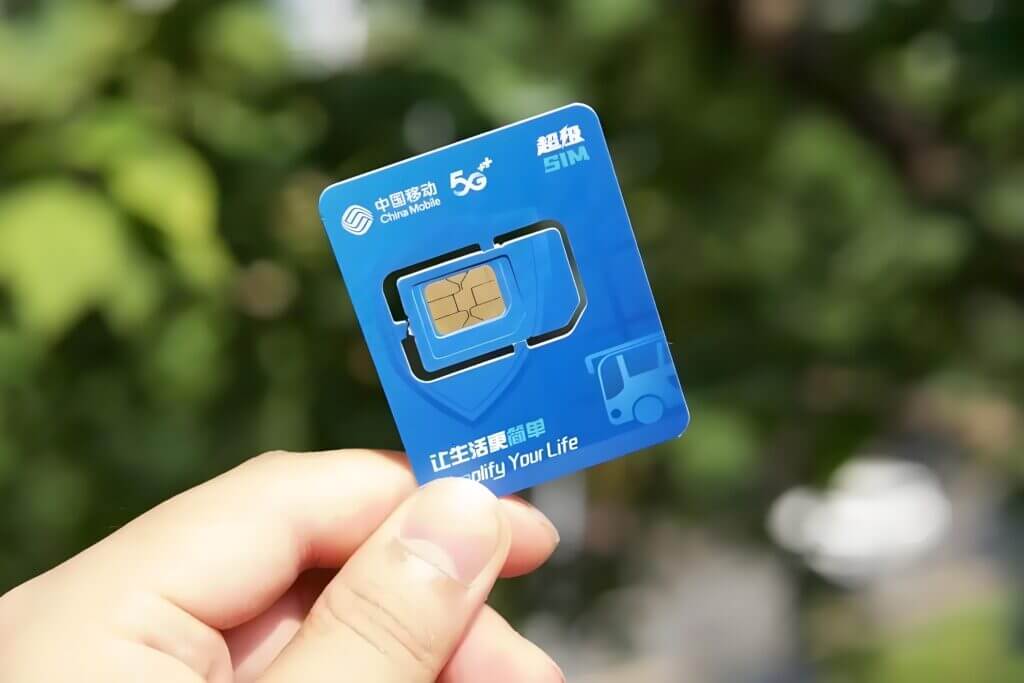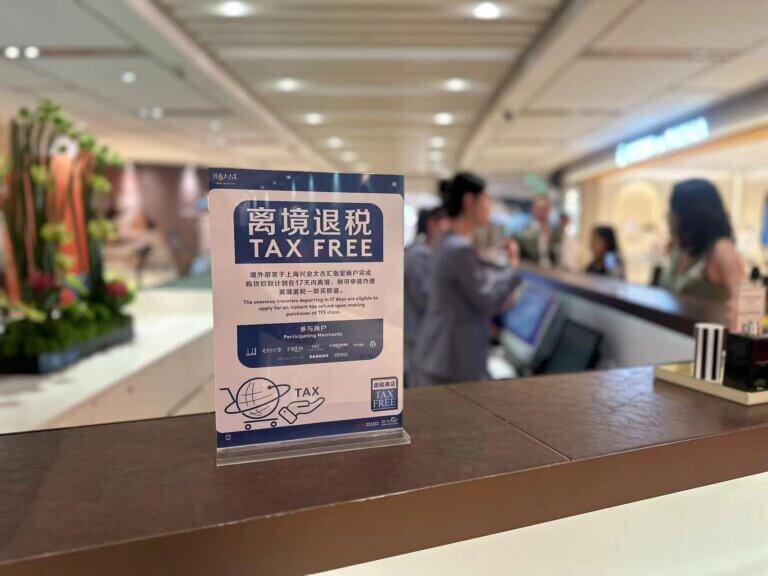
Why You Need a SIM Card in China
Traveling to China without a local SIM card can be a hassle. While international roaming might seem convenient, it’s often prohibitively expensive and unreliable. A local SIM card not only saves you money but also ensures seamless connectivity for navigation, translation apps, and accessing popular Chinese platforms like WeChat and Alipay. Additionally, many Western apps and websites, such as Google, Facebook, and Instagram, are blocked in China, making a VPN essential. Some SIM cards even come with built-in VPNs, allowing you to bypass these restrictions.
Having a local SIM card also simplifies everyday tasks, from booking train tickets to ordering food delivery. Without it, you might find yourself struggling with language barriers and limited access to essential services.
Choosing the Right SIM Card and Mobile Operator
China has three major mobile operators: China Mobile, China Unicom, and China Telecom. For most foreign travelers, China Unicom is the best choice due to its compatibility with a wide range of international phones, including both 3G and 4G networks. China Mobile, while offering extensive coverage, often limits foreign phones to slower 2G networks in areas without 4G service. China Telecom, on the other hand, is generally incompatible with phones purchased outside China.
If you prefer convenience, consider purchasing an eSIM before your trip. eSIMs are digital SIM cards that can be activated instantly upon arrival. Providers like Airalo and Holafly offer affordable data packages, with prices starting as low as $5 for 1GB of data valid for 7 days. These are ideal for short trips and eliminate the need to visit a physical store.
Costs and Plans for China SIM Cards
The cost of a SIM card in China varies depending on the provider and plan. Here’s a breakdown of popular options:
- Prepaid SIM Cards:
- China Unicom’s “Nationwide Data King” plan costs approximately $10 per month, offering 10GB of data and 500 minutes of calls.
- China Mobile’s prepaid plans start at around $12 per month, providing 10GB of data and 50 minutes of calls.
- eSIMs:
- Airalo offers data-only eSIMs starting at 5for1GB(7days)andupto5for1GB(7days)andupto28 for 10GB (30 days)12.
- Holafly provides unlimited data plans with built-in VPNs, ranging from 19for5daysto19for5daysto99 for 90 days.
- Local Store Purchases:
If you buy a SIM card in China, expect to pay around 10–10–15 for a basic plan with 5–10GB of data. However, airport purchases may cost more due to convenience fees69.
Other Important Tips for Using a SIM Card in China
- Real-Name Registration:
The Chinese government requires real-name registration to activate a SIM card. You’ll need to provide your passport and, in some cases, biometric data like fingerprints or a face scan. - Expiration and Top-Ups:
Unused SIM cards expire after 30–60 days, so time your purchase accordingly. Topping up your balance is easy through Alipay or WeChat Pay, though you’ll need a Chinese bank account or a local friend to assist. - VPN for Internet Access:
Many Western websites and apps are blocked in China. Installing a VPN before your trip is crucial for accessing services like Gmail, WhatsApp, and social media platforms. Some eSIM providers, like Holafly, include VPNs in their packages912. - Phone Compatibility:
Ensure your phone is unlocked and supports the necessary network bands (3G/4G) for China. Most modern smartphones are compatible, but it’s worth checking with your provider before your trip.
Final Thoughts
Getting a SIM card in China is a straightforward process that can significantly enhance your travel experience. Whether you opt for a prepaid SIM card, an eSIM, or a local store purchase, staying connected is essential for navigating the country’s vast landscapes and bustling cities. By choosing the right plan and following the tips above, you’ll be well-prepared to make the most of your trip to China.



